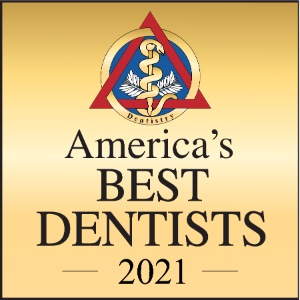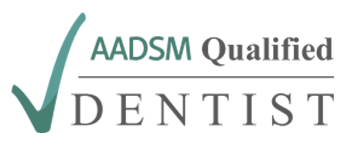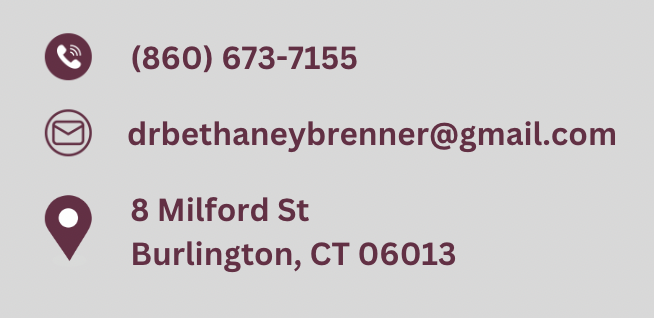Why it’s Important
Understanding the Prevalence of TMJ Disorders
Temporomandibular joint disorders (TMJ or TMD) are the most common cause of chronic facial pain and jaw issues, according to the National Institute of Dental and Craniofacial Research (NIDCR). It’s estimated that over 10 million people in the United States are affected by TMJ problems.
What is the Temporomandibular Joint?
The temporomandibular joints are located on either side of your lower jaw, connecting it to the temporal bones of your skull. These joints, along with their supporting muscles, ligaments, and tendons, allow your jaw to move in various directions—up and down, side to side, and front to back. This movement is crucial for everyday actions like chewing, speaking, and yawning. Each joint has a soft, shock-absorbing disc that sits between the lower jaw’s rounded ends (condyles) and the concavities in the temporal bones, making it possible to move your jaw smoothly.
Because the TMJ combines both hinge-like movements and sliding motions, it’s considered one of the most complex joints in the body. This complexity also makes it one of the most challenging joints to treat when problems occur.
Types and Symptoms of TMJ Disorders
TMJ disorders typically fall into one or more of the following categories:
- Myofascial Pain: This type of pain is caused by muscle tension and spasms around the jaw joint.
- Internal Derangement: This involves issues like a displaced disc, jaw dislocation, or trauma to the jaw’s condyles.
- Degenerative Joint Disease: This includes arthritis-related conditions such as rheumatoid arthritis and osteoarthritis.
Certain factors can increase the risk of developing TMJ problems, including chronic teeth grinding (bruxism), jaw injuries, and arthritis. Symptoms can vary widely from person to person and may include earaches, tinnitus (ringing in the ears), headaches, back and neck pain, vertigo, muscle spasms, joint tenderness, jaw pain, clicking or popping sounds when moving the jaw, jaw locking, and limited jaw movement. For some, TMJ issues may resolve quickly, while others may experience persistent problems despite ongoing treatment.
Diagnosis and Treatment of TMJ Disorders
To diagnose TMJ disorders, your dentist will conduct a thorough clinical evaluation of your joint symptoms and function. If needed, they may also order special imaging tests. Treatment options vary depending on the severity of the condition and may include oral appliances like night guards or stabilization splints to relieve joint strain. Other therapies might involve steroid injections, occlusal adjustments, or orthodontic or prosthodontic treatments to improve bite alignment. In severe cases, surgery may be necessary.
Self-care measures can also help manage TMJ symptoms. Patients are often advised to eat soft foods, avoid extreme jaw movements like wide yawning or chewing gum, practice stress reduction and relaxation techniques, and use ice packs or moist heat as directed. Gentle stretching exercises may also be recommended by your dentist or therapist. Over-the-counter anti-inflammatory medications and pain relievers can provide short-term relief, but in more severe cases, stronger prescription medications, muscle relaxants, or antidepressants may be necessary.







